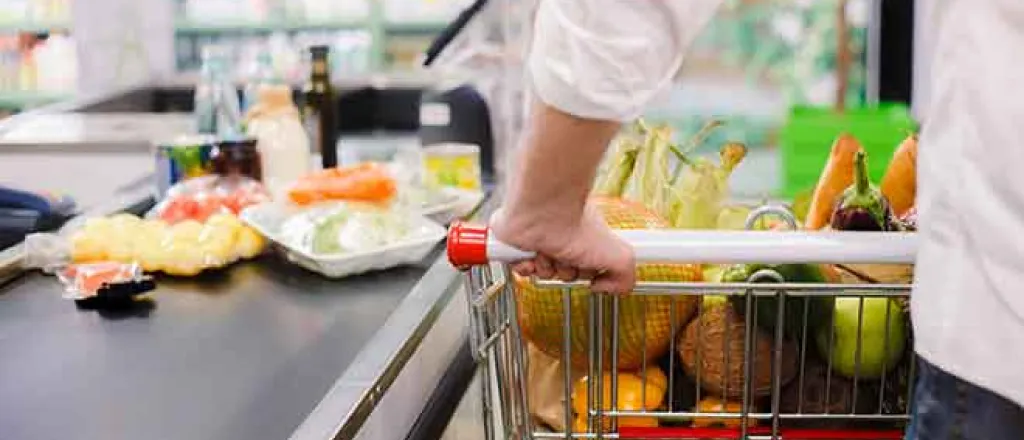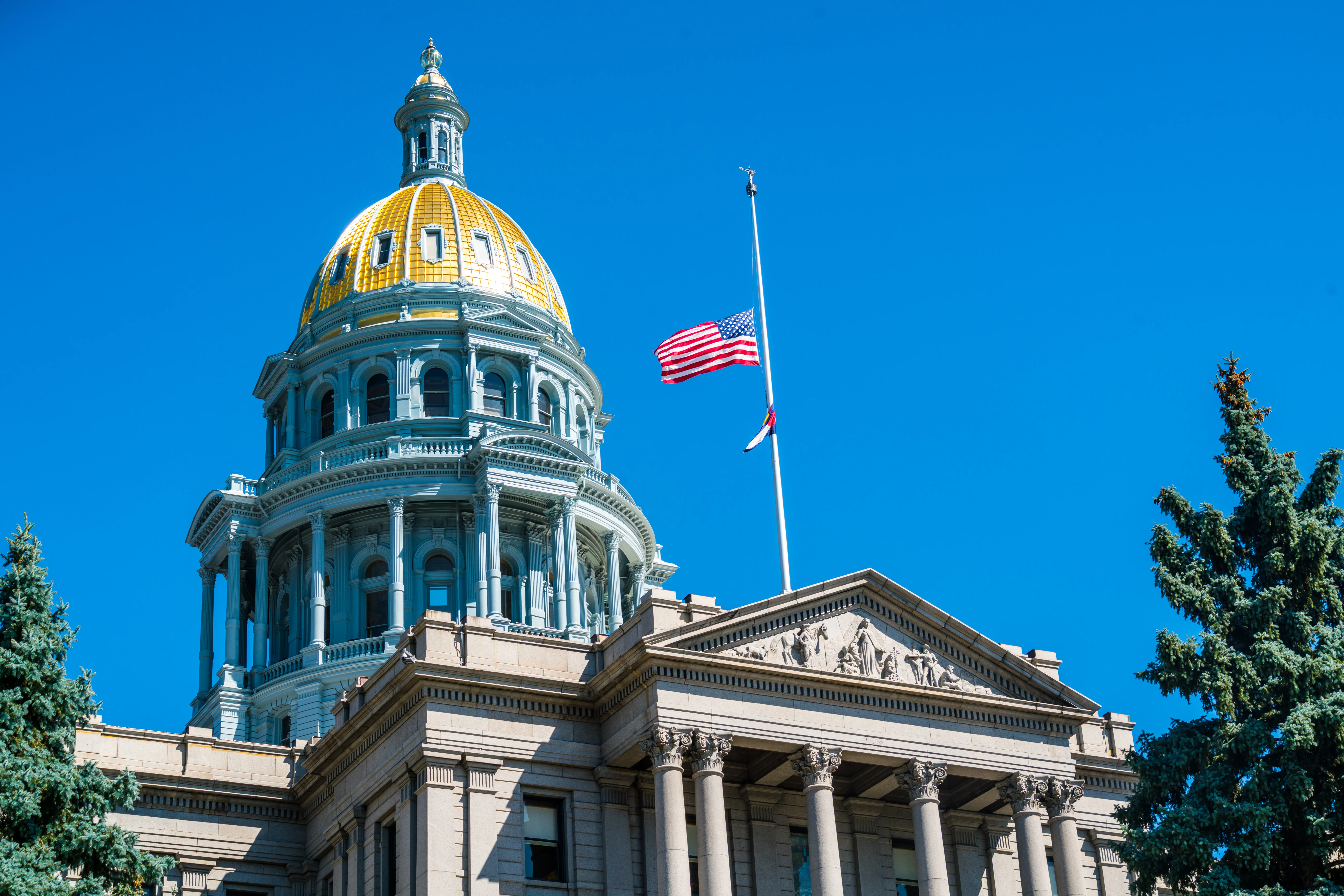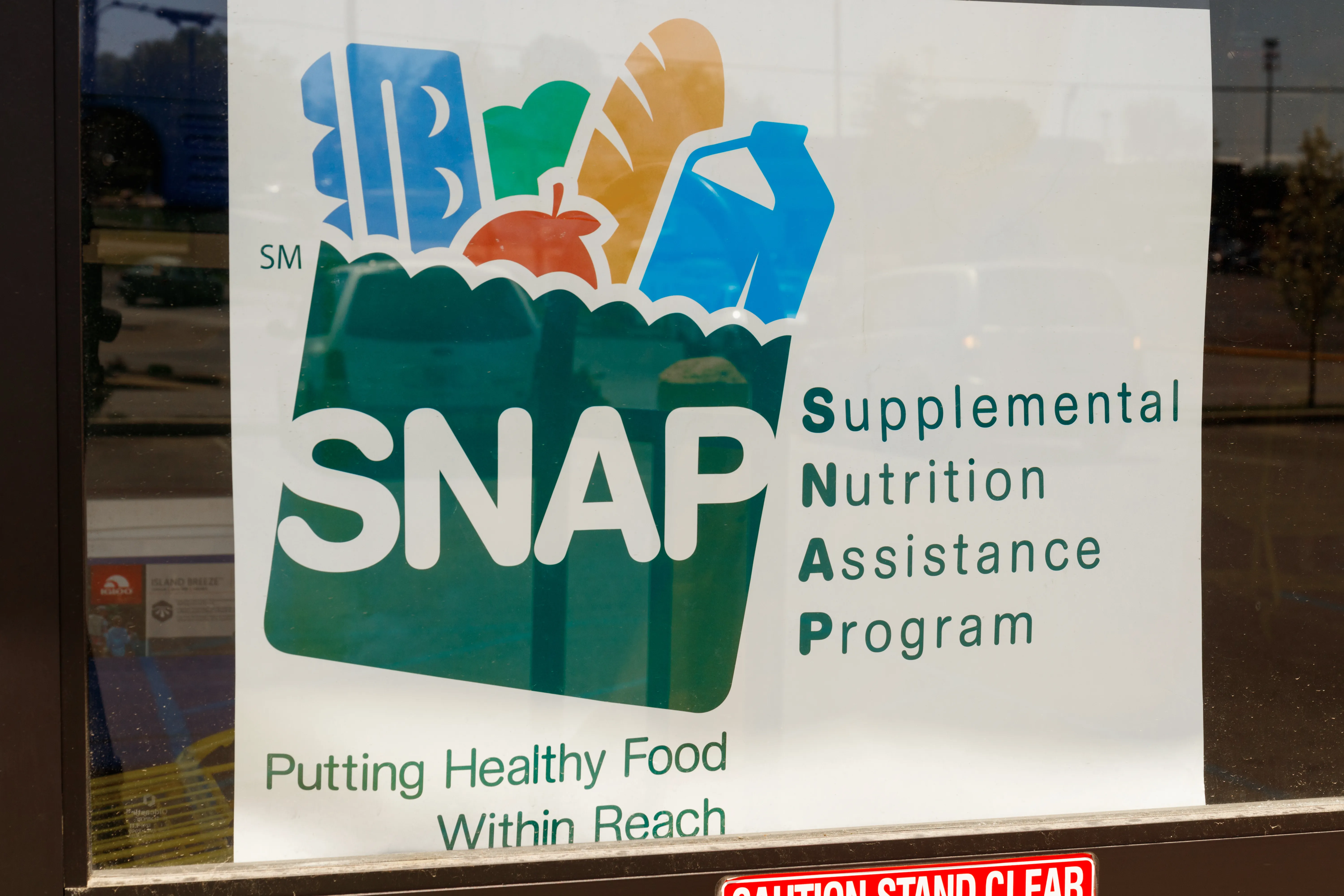
Bill that would eliminate South Dakota's grocery tax moves forward
(The Center Square) - The South Dakota House Taxation Committee gave a do-pass recommendation Thursday on a bill that would eliminate the state's tax on groceries.
House Bill 1075 strips the 4.5 percent tax on groceries, which would save taxpayers about $100 million.
Governor Kristi Noem proposed the tax break in her State of the State speech, saying taxpayers are struggling with higher costs.
"We need to give them relief, and we can do so by giving them a $100 million tax cut by eliminating the sales tax on groceries," Noem said.
Several organizations spoke against the bill, saying the loss of revenue is not sustainable. Nathan Sanderson, executive director of the South Dakota Retailers Association, said much of the revenue growth in the state is not natural economic growth.
"The record revenues that you are seeing are largely the result of 8 percent inflation this year, 4.7 percent inflation last year and a whole slew of federal funds that we've gotten in the last couple of years," Sanderson said. "It's not sound tax policy."
The South Dakota Chamber of Commerce and Industry agreed.
The permanent loss of $100 million is based on artificial increases in sales tax revenue, resulting from $5 billion in federal money that increased tax collections artificially by more than 10 percent," said David Owen, president of the organization. "Sales tax collections will again be around a historical average of 3-5 percent and the loss of grocery revenue will force cuts in funding for schools and medical providers or a vote to increase the tax rate. There could even be a proposal for new taxes entirely. Those opposed to HB 1075 worry that removing groceries from the tax base will destabilize tax collections and make state government income more volatile."
Jim Terwilliger, the Office of Budget and Finance commissioner, said his office has looked at the long-term implications of the grocery tax elimination.
The state's sales tax revenue has increased by 13 percent in the past couple of years, Terwilliger said. The growth will slow to 8 percent by the time June hits. For fiscal year 2024, the growth rate is anticipated to be 3 percent. Those numbers are conservative, Terwilliger said.
"So with our sales tax estimates, we are still being pretty cautious know that there are some challenges in the economy out there," Terwilliger said.
The bill could affect the state's Native American tribes. The Cheyenne River Sioux Tribe receives $4.1 million in sales tax revenue through the tribe's tax collection agreement with the state, according to Alli Moran, who represents the tribe.
"This bill will negatively affect our tribal economy and deeply impact our ability to provide social services to our people," Moran said.
Terwilliger said the issue "had arisen" in the last couple of days when asked by Rep. Peri Pourier, D-Rapid City, if the tribes had been considered.
"I think there's probably some workable solutions to try and take care of some of those concerns that were expressed by you and some of the questions that came up here remotely today," Terwilliger said. "I would be willing to sit down with you and continue to work through that because I think that there are probably some ways that we can address those concerns so that the tribes are not adversely impacted."
Rep. Roger DeGroot, R-Brookings, cast the sole vote against the do-pass recommendation.
"We are drunk on revenue from the federal government," DeGroot said.
The bill now goes to the House Appropriations Committee.














